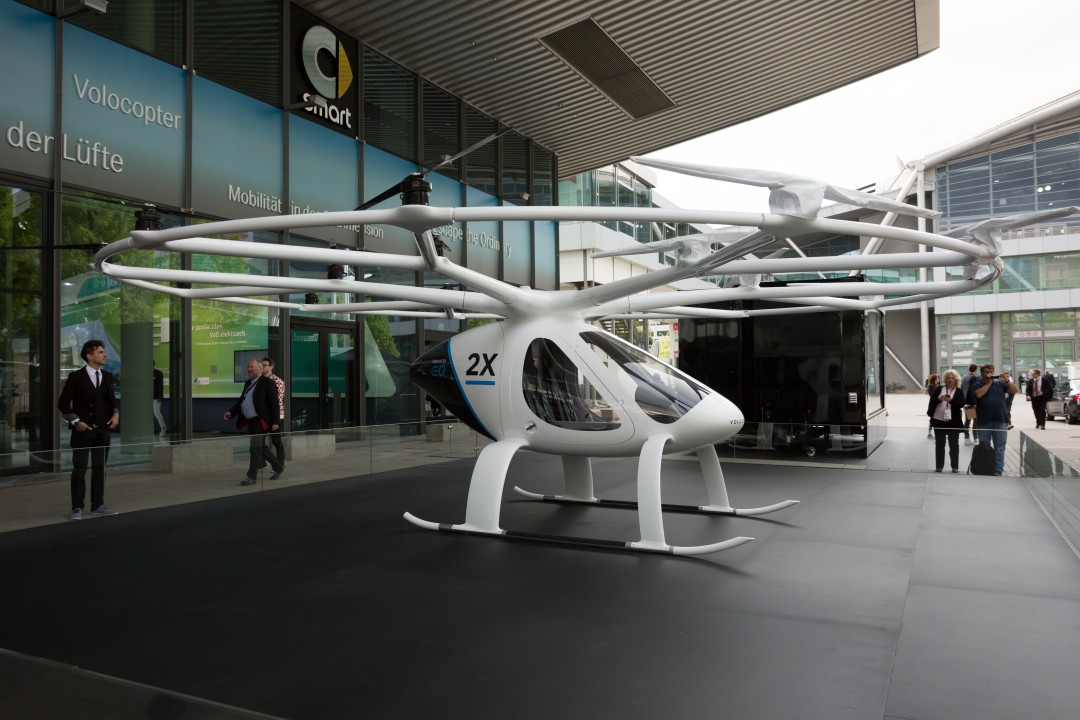The evolution of vehicle transport is reshaping the landscape of travel, offering unprecedented levels of efficiency, convenience, and environmental sustainability. From the advent of electric vehicles (EVs) to the development of autonomous driving technology, the way we move from one place to another is undergoing a radical transformation. This article explores the various facets of this transformation and its implications for the future of travel.
Electrification of Vehicles
One of the most significant changes in transport is the shift towards electrification. Electric vehicles are becoming increasingly popular due to their lower emissions, reduced noise pollution, and lower operating costs compared to traditional internal combustion engine vehicles. Governments worldwide are supporting this shift through incentives and regulations, accelerating the adoption of EVs. This move not only promises a cleaner environment but also a new era of energy efficiency in travel.
Autonomous and Connected Vehicles
Autonomous vehicles (AVs) are set to redefine the concept of driving, promising to make travel safer, more efficient, and more accessible. By eliminating human error, which is a leading cause of accidents, AVs can significantly improve road safety. Moreover, connected vehicle technology allows cars to communicate with each other and with road infrastructure, leading to smoother traffic flow and reduced congestion. This technology not only enhances the travel experience but also contributes to the reduction of carbon emissions through optimized driving patterns.
Shared Mobility
The rise of shared mobility services, such as car-sharing and ride-hailing, is another trend transforming transport. These services provide flexible, on-demand transportation options, reducing the need for personal vehicle ownership. This shift is particularly evident in urban areas, where space is limited, and the demand for efficient travel is high. Shared mobility not only offers convenience but also contributes to a reduction in the number of vehicles on the road, leading to less congestion and pollution.
Hyperloop and High-Speed Travel
Innovations like the Hyperloop are pushing the boundaries of high-speed travel, promising to drastically reduce travel times between cities. By transporting passengers in pods through low-pressure tubes at speeds comparable to aircraft, the Hyperloop could revolutionize long-distance travel. While still in the developmental stage, this technology exemplifies the future potential of transport to make travel faster and more efficient than ever before.
Environmental Impact and Sustainability
The transformation of vehicle transport or fahrzeugtransport is closely tied to the broader goal of environmental sustainability. Electrification, improved fuel efficiency, and the shift towards renewable energy sources are all part of the effort to reduce the carbon footprint of travel. Additionally, the development of lightweight materials and aerodynamic designs further enhances the energy efficiency of vehicles. As the transport sector evolves, sustainability remains a key consideration, driving innovation and shaping the future of travel.
Conclusion:
The transformation of vehicle transport is revolutionizing the way we travel, making it faster, safer, and more sustainable. From electric and autonomous vehicles to shared mobility and high-speed travel innovations, the changes are profound and far-reaching. As we look to the future, it is clear that these advancements will continue to shape the travel landscape, offering exciting possibilities and challenges alike. The journey of vehicle transport is just beginning, and its destination promises a new era of travel for all.









